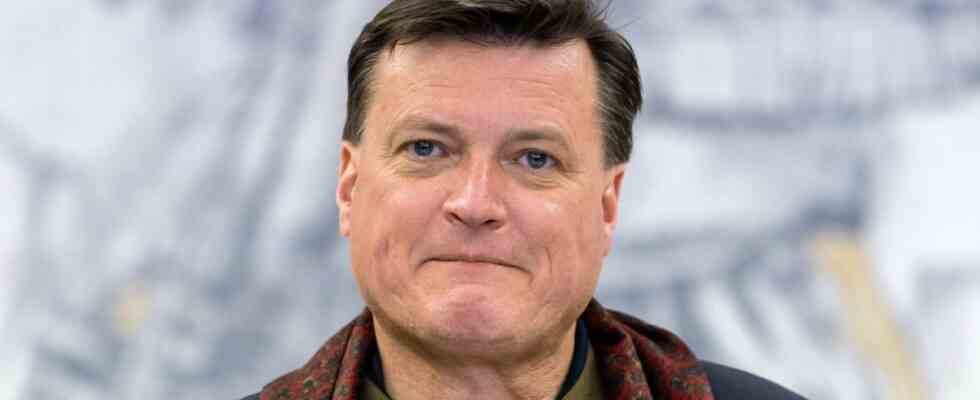When he presented this DVD on the press terrace of the Salzburg Festival, Christian Thielemann looked like a little child at Christmas, peering into the living room even though the presents haven’t even come yet. He gave himself the gift, together with the Vienna Philharmonic: the recording of the performance of a piece that hardly anyone knows, and of whose existence hardly anyone knew: Bruckner’s double zero.
Sounds gaga, but it’s true. Anton Bruckner officially left nine symphonies, each in different versions. In addition, there is the so-called “zero”, which is actually the second, but which Bruckner himself rejected as “invalid”. Nevertheless, she survived. Just like the “Studiensymphonie” in F minor. This is really the first symphony that Bruckner wrote, in 1863, when he, almost 40 years old (Bruckner had never been the fastest), finished his lessons with Otto Kitzler. Kitzler described the work as “not particularly inspired”, Christian Thielemann calls it “a very early, misjudged masterpiece”. And now recorded it together with the Viennese, beginning of the complete edition of all Bruckner symphonies on DVD.
In fact, it is a wonderful introduction to Bruckner’s world of sound cathedrals. One can feel what he later created in the form of massive, gigantic structures, but the first movement, for example, is still pervaded by a light singing quality, one could also say by a philanthropy. Really likeable. The second movement, not an Adagio, but an Andante, i.e. more moving than the later slow movements that Bruckner wrote, is a long song, breathes nature, begins shyly and curiously, with a long rumbling of the timpani, the sound forms like a thunderstorm front, passing quickly, revealing a soft, warm light.
Corona was still in force and it was “a historic day at the Musikverein,” said Thielemann. “You looked forward to every rehearsal like a child.” On the DVD you can see an empty hall and a highly concentrated orchestra, which may at some point also be considered a contemporary document of a pandemic era. The day was historical for Thielemann because “two new symphonies” were played on it, zero and double zero. These were of course only new for the Thielemann/Vienna Philharmonic constellation, be that as it may, the recording of the study symphony is actually a novelty. And then a reference, because Thielemann and the Viennese get along very well, even when they “enter the wild animal kingdom” (Thielemann). This is what Thielemann calls explorations of new works, even if they come from a composer whose oeuvre is probably less well known than he is. In the middle of next year all eleven Bruckner symphonies will be available on DVD (Unitel).

